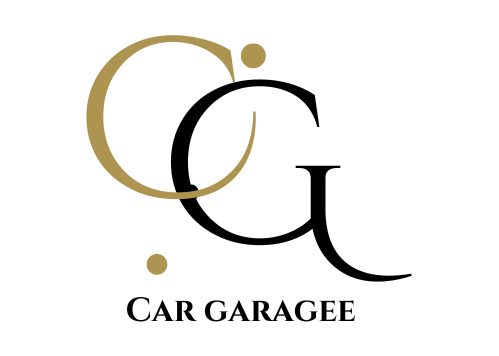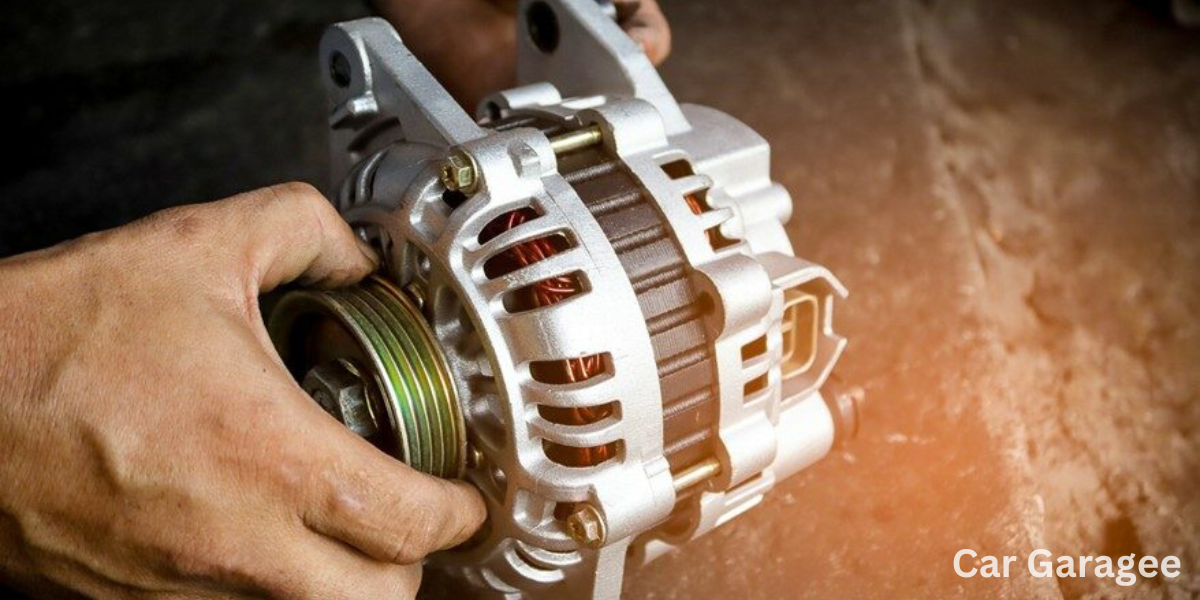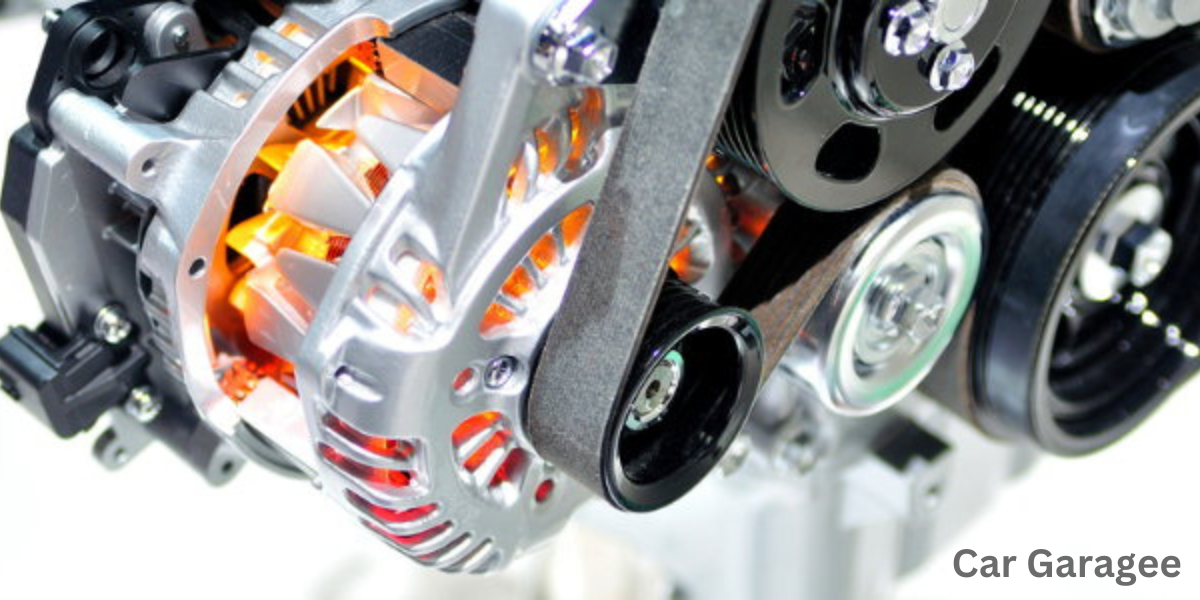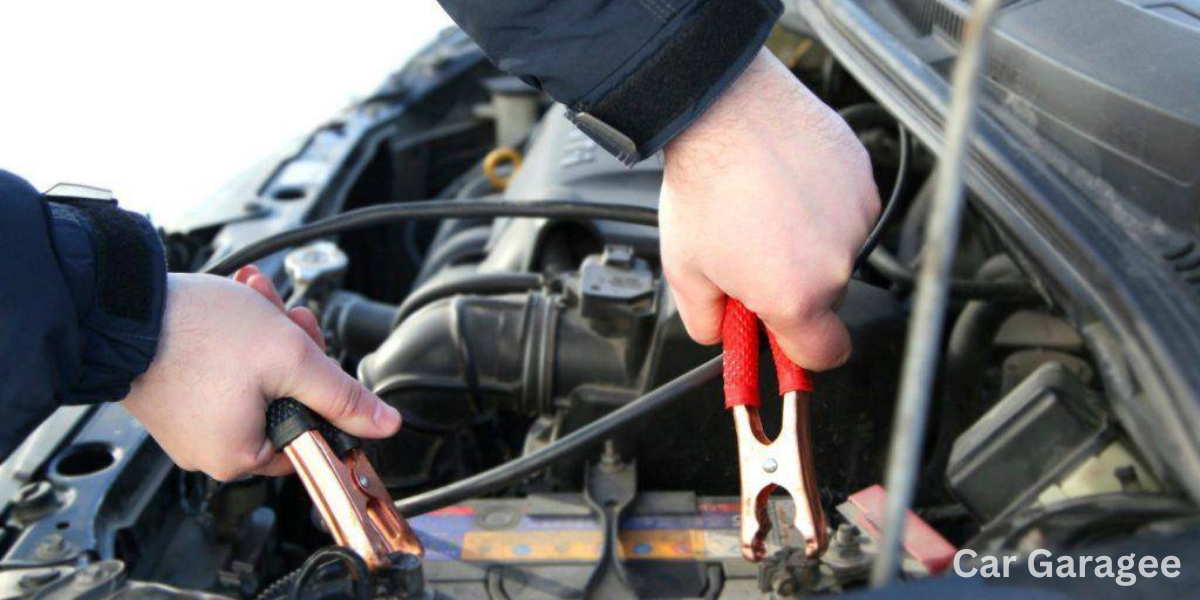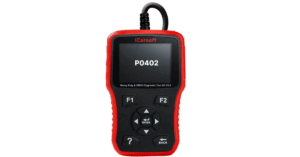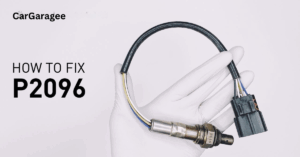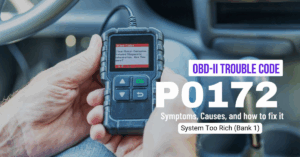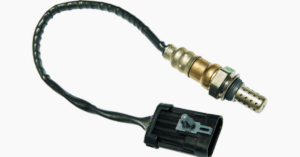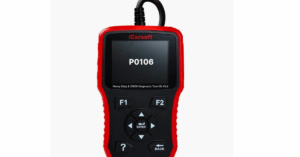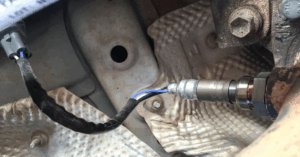Picture yourself driving with your favorite music playing and everything in your car working perfectly. The part that makes this happen is the alternator. It powers your car’s electrical parts, from the lights to the radio.
But what if you start hearing weird noises from your car? It might be the alternator bearing. Knowing what these noises mean and how to fix them can save you time and money. Let’s find out what alternator bearing noise is and how to keep your car running smoothly.
What is an alternator?
An alternator is a vital part of your car’s electrical system. Its job is to make electricity and keep the battery charged. If the alternator isn’t working, the battery will quickly run out of power, and your car will stop running.
The alternator works by turning mechanical energy into electrical energy. When the engine runs, it turns a pulley on the alternator. This spinning creates a magnetic field, which then generates electricity. This electricity powers your car’s lights, radio, air conditioning, and more, and it also keeps the battery charged.
Think of the alternator as the power plant for your car. Without it, your car would only have the battery for power, which would drain quickly and leave you stuck.
While the battery starts the car, the alternator keeps it running by charging the battery. The alternator quietly keeps everything working while you drive.
Sometimes, strange noises from under the hood, known as alternator bearing noise, can indicate a problem with the alternator bearing. If you hear this noise, it’s a good idea to get it checked out to avoid any problems.
Reasons for a Noisy Alternator
A bad alternator can be frustrating and a sign of underlying problems with your car. Understanding these causes can help you fix the issue and keep your vehicle running smoothly. Let’s break down each reason in more detail:
1. Worn or Loose Alternator Belt
The alternator belt plays a crucial role in your car’s operation. Over time, the belt can become worn out, cracked, or loose. When this happens, you might hear squeaking or squealing noises from under the hood. A misaligned belt can also create a whining sound.
Solution:
- Inspect the Belt: Regularly check the belt for signs of wear, such as cracks or fraying.
- Tighten or Replace: If the belt is loose, tighten it. If it’s worn out or cracked, replace it with a new one.
- Check Alignment: Ensure the belt is aligned correctly on the pulleys. Misalignment can cause noise and reduce the belt’s lifespan.
2. Loose Alternator Mounting Bolts
Sometimes, the alternator may not be securely mounted, causing it to move and make noise. This can also lead to problems with the battery connections, affecting the car’s electrical system.
Solution:
- Check Bolts: Inspect the alternator’s mounting bolts, especially the pivot and adjustment bolts.
- Tighten Bolts: Make sure all bolts are snug and secure. This will keep the alternator in place and prevent it from making noise.
3. Worn Out Alternator Bearings
Bearing inside the alternator help it spin smoothly. Over time, these bearings can wear out due to age, excessive heat, or lack of lubrication. When bearings are worn out, you may hear a whining, whirring, or grinding noise.
Solution:
- Listen for Noise: Pay attention to any persistent whining or grinding sounds coming from the alternator.
- Replace Bearings: If you suspect the bearings are worn out, have them replaced. In some cases, it might be more cost-effective to replace the entire alternator.
- Prevent Future Issues: To prolong the life of the bearings, Keep the alternator clean and ensure it’s not exposed to excessive heat or dirt.
4. Misaligned Alternator Pulley
The pulley on the alternator needs to be in line with other pulleys in the car’s drive system. If the pulley becomes misaligned or loose, it can cause the drive belt to slip, resulting in squealing or rattling noises.
Solution:
- Check Pulley Alignment: Regularly inspect the alignment of the alternator pulley with other pulleys.
- Realign Pulley: If you find the pulley is misaligned, adjust it to ensure it’s properly positioned.
- Reposition the Belt: Make sure the drive belt is correctly positioned and tensioned to prevent slipping and noise.
READ MORE:
Breaking Down the Fuel Induction Service Cost
What is Brake Boosting? A Detailed Guide
Why Your Car Brakes Squeak in Reverse?
How To Prevent The Alternator Bearing Noise
Preventing alternator bearing noise is essential to keep your car running well and avoid problems. Here are some simple ways to stop issues like alternator bearing noise, bad alternator bearing sound, and alternator whine:
1. Regular Maintenance
Regular maintenance is critical to stopping alternator bearing noise. Follow your car manufacturer’s recommended maintenance schedule to keep your alternator and bearings in good shape.
- Scheduled Inspections: Get your alternator and bearings checked during routine maintenance. Finding problems early can stop them from getting worse.
- Timely Replacements: Replace any worn-out parts as soon as you notice them. Regular maintenance helps catch issues early before they cause noisy bearings.
2. Using Quality Parts
Using high-quality parts helps your alternator last longer and work better.
- High-Quality Bearings: When replacing bearings, Choose high-quality bearings to ensure they last longer and perform better.
- Reliable Components: Use reputable brands for other alternator parts to avoid frequent failures and noise issues.
3. Keeping the Alternator Cool
Overheating can wear out bearings faster and cause noise in car alternator bearings. Keeping your alternator cool can extend its life and prevent noise.
- Proper Ventilation: Make sure your engine bay has good ventilation to stop the alternator from overheating.
- Clean Alternator: Keep the alternator clean and free from dirt and debris to prevent overheating.
- Check Cooling System: Regularly check your car’s cooling system to make sure it’s working well and keeping the engine, including the alternator, cool.
FAQS
How can I tell if my alternator bearings are bad?
If your alternator bearings fail, you will likely hear a grinding noise from the engine area. This noise happens because the rotor inside the alternator isn’t spinning smoothly. Heat and dirt can cause this issue, leading to car alternator bearing noise. If you hear this grinding noise, it’s a sign that your alternator bearings might need to be checked or replaced.
How long can a noisy alternator bearing last?
The lifespan of a noisy alternator bearing depends on the type of noise it’s making. A low whining noise might mean the bearings are worn but could last several thousand more miles. However, if you hear a grinding noise, the bearings are close to failing, and the alternator might fail within minutes or even a few miles. Addressing this issue as soon as possible is best to avoid being stranded.
What noise does a failing alternator make?
A failing alternator can produce various noises, including growling, whining, or grinding sounds. These noises are often due to a misaligned or worn-out belt or failing bearings inside the alternator. If you hear these noises, it’s essential to have your alternator checked.
What causes a noisy alternator?
Several factors can cause a noisy alternator, including a loose or worn-out belt. If the belt is loose, it can slip and create a high-pitched squealing noise. If it’s worn out, it might produce a grinding or rattling noise. To check for these issues, open the hood and inspect the belt for signs of wear or looseness.
Can you grease an alternator bearing?
Yes, greasing an alternator bearing can help reduce friction and wear. Grease acts as a lubricant, reducing direct contact between the bearing’s parts and extending the bearing’s life. However, it’s essential to use the correct type of grease and follow proper procedures to avoid damaging the alternator.
How do I reduce the noise in my alternator?
If your alternator is making noise, try installing an alternator noise filter. This filter goes on the power line between the battery and the alternator. It helps reduce whining or clicking sounds that vary with engine speed. Regular maintenance and checking the alternator belt for wear and proper alignment can also help reduce noise.

Mian Hashir is a passionate automotive enthusiast and the lead author at Car Garagee, a website dedicated to providing in-depth car reviews, maintenance tips, and the latest news in the automotive world. With years of experience in the industry, Hashir combines his technical knowledge with a love for cars to deliver insightful and engaging content. Whether you’re a car owner or a curious reader, Mian Hashir’s articles help readers make informed decisions, from choosing the right vehicle to understanding how to keep it in top condition.
